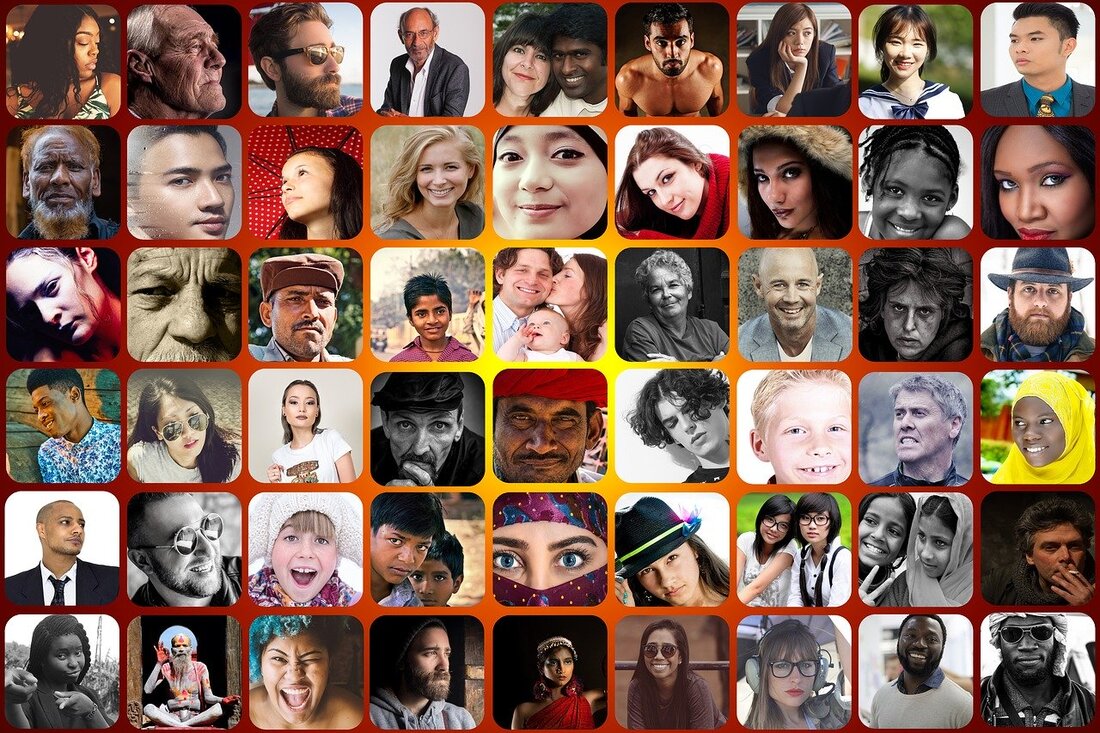David Brooks is a New York Times columnists who leans conservative, and whose insights into America are thoughtful and grounded in the sentiment that who we are as a country today is rooted in the sins and sanctity of our past.
I found one of his recent columns – What Makes Us All Radically Equal – to be an insightful look at what will sustain us as we tread down the road of racial reconciliation. In the article, Brooks recounts the saga of a white man who purchased an empty school in one of Detroit’s distressed neighborhoods with the intent of turning it into a vibrant community center. Because the white developer didn’t communicate early on with members of the community, the process became a bit of a meat grinder encounter for him. But, the developer was counselled to “just listen” to how the community was expressing a lifetime of betrayal and abuse and forcing him to feel the pain they feel every day. The project proceeded and today is a valuable asset to the neighborhood. On this encounter and the thousands like it across America today, Brooks reflects “You realize that coming together across race is not a neat two-step process: truth and reconciliation. It’s an emotionally complex, thousand-step process, with moments of miscommunication, resentment and embrace. This is the hard process of trying to see each other across centuries of wrong.” The article states that racial encounters have “always been like this” and recounts how Frederick Douglass displayed the same love and hate relationship in his everyday meetings. According to Brooks, what sustained Douglas and what will sustain those of us who want to work at the difficult task of racial reconciliation is a deep and abiding sense of equality and an underlying belief that we are all endowed with natural rights. The author states that “It is the belief that our souls make us all radically equal. Our brains and bodies are not equal, but our souls are. It is the belief that the person who is infuriating you most right now still has a soul and so is still, deep down, beautiful and redeemable. It is the belief that when all is said and done all souls have a common home together, a final resting place as pieces of a larger unity.” I was struck by how Brooks description of our soul and the ramification for community sounded as if they were written by one of my Quaker Friends. The idea that a conservative columnists can arrive at the same understanding as a liberal Quaker gave me great hope for the future of our country. In closing, Brooks wrote “When people hold fast to their awareness of souls, then they have a fixed center among the messiness of racial reconciliation and they give each other grace.” If we can learn to embrace the soul of each other, then we can create our own state of grace from which to heal our wounded world.
0 Comments
Your comment will be posted after it is approved.
Leave a Reply. |
AuthorMike Soika has been a community activist for more than 30 years working on issues of social and economic justice. His work for justice is anchored by his spiritual formation first as a Catholic and now as a Quaker. Pre 2018 Archives
|


 RSS Feed
RSS Feed
